Main Area
What Is A Halfway House? What Is The Purpose & Benefits Of A Halfway House?
Posted on September 20th, 2022
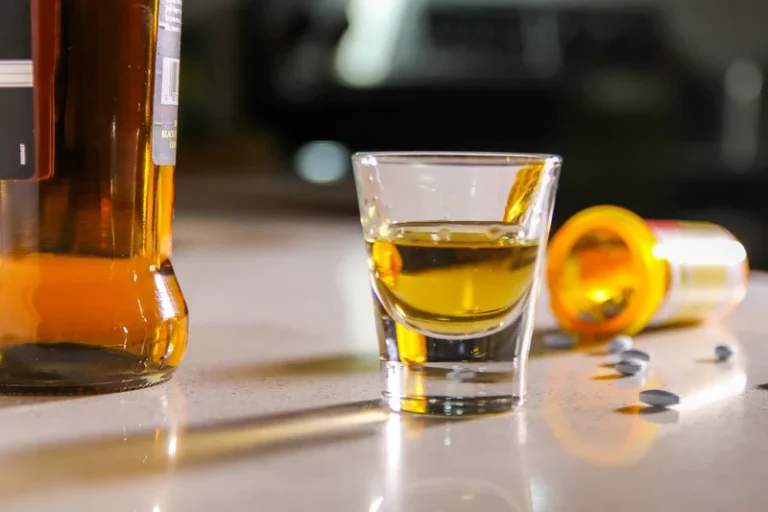
It is a community-based, supervised facility designed to help prisoners transition from incarceration to independent living by providing support, accountability, and access to resources. Policies vary by facility, but most halfway house purpose federal halfway houses allow residents a basic cell phone for employment and family communication. All devices are subject to inspection and may be restricted to certain hours or activities. Securing a placement in a federal halfway house involves more than just eligibility.
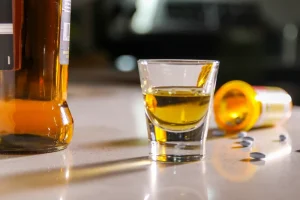
Frequently Asked Questions LA Sober Living Homes
- Accurate location information helps you and your loved ones plan for reentry, coordinate visitation, and take advantage of local support resources during the transition back into the community.
- However, with jails and prisons becoming increasingly crowded, halfway house programs demonstrated remarkable functional flexibility.
- Living in a halfway house offers crucial benefits for individuals transitioning from correctional facilities.
- Foundations to Freedom provides halfway houses in Florida for individuals seeking to recover from addiction, but there are certain requirements that must be met in order to be admitted into one of their houses.
At some houses, the residents are allowed to have their phones during the day, but they must give them in at night. The reason for this is because phones can serve as a big trigger for people who are trying to focus on growth and sobriety, so it’s often more beneficial to be without them while recovering from addiction. Living in a halfway house teaches accountability, relapse prevention, and life skills and fosters personal growth and responsibility in a supportive environment. However, by embracing sobriety, residents of halfway houses often experience improvements in their physical well-being. With access to nutritious meals, regular exercise, and a substance-free lifestyle, individuals can regain their physical health and vitality.
Your addiction does not have to define who you are.
Therapy sessions are individualized or group-based, focusing on coping strategies, emotional regulation, and cognitive-behavioral techniques to help residents manage their mental health alongside their recovery. Support groups provide a safe space for individuals to share experiences and gain encouragement from peers, promoting a sense of community and belonging. Violence prohibition means that acts of aggression towards other residents will not be tolerated under any circumstances—again, with possible expulsion being a consequence. Call us now if you have questions about what halfway houses offer or if someone close needs help transitioning into one. If you or your loved one are suffering from substance abuse or addiction, know that there is help.
What Are the Differences Between a Halfway House and a Sober Living Home?
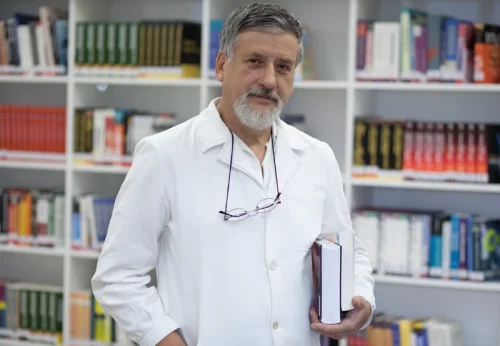
You have different backgrounds and personalities, all trying to coexist under one roof while fighting their battles against drug abuse. Halfway houses have specific visitation policies designed to foster an environment conducive to recovery. This isn’t about being picky; it helps maintain security and minimize potential triggers that could hinder progress. Residents may incur a fine or be asked to leave if they violate these halfway house rules. Halfway houses enforce rules and guidelines, holding residents accountable for their actions. This accountability promotes personal growth, responsibility, and the development of self-discipline, crucial elements for successful recovery.
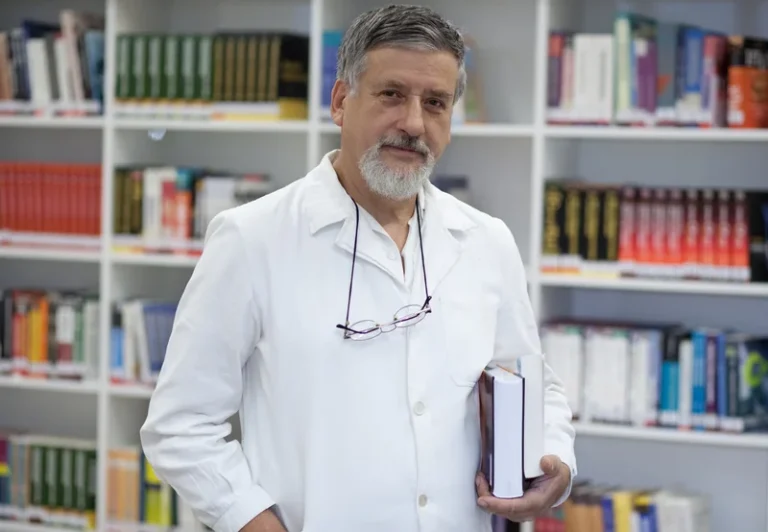
Resources and References
Let’s explore the common guidelines that make halfway house living effective in helping residents transition back into society. Halfway House staff helps recovering addicts and former inmates reintegrate into society while living in a controlled environment. Some halfway house rules will be relatively universal, such as requiring clean breathalyzers and drug tests to remain living there. Other regulations or details Sober living house will vary based on the individual house, such as specific curfew times or alcohol/drug testing frequency.
Are There Any Differences Between Men’s and Women’s Halfway Houses?
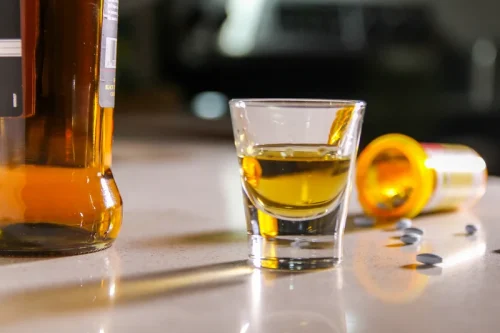
One of the most significant parts of a halfway house is being surrounded by people who understand your journey. You’re not alone; you’re part of a community of peers experiencing similar challenges. This creates a system of peer support, like a cheering team offering advice, ideas, and motivation to keep you on the right path. Moreover, there are counselors and staff members who are always ready to guide you through the recovery process with professional advice. While halfway houses provide an excellent and affordable sober living community, there may be some disadvantages to a halfway home for certain people. The cost of living in a halfway house is typically covered by insurance, government funding, or the resident’s own funds.
- A halfway house is a structured, temporary living facility for those who are making their way toward a more permanent and independent living situation.
- Support groups provide a safe space for individuals to share experiences and gain encouragement from peers, promoting a sense of community and belonging.
- Not sticking with these time limits can attract penalties such as fines or removal from the residence.
- You’ll be expected to follow a daily schedule, which includes tasks like cleaning chores and attending group meetings.
- The primary purpose of halfway houses is to facilitate the successful reintegration of individuals into society after completing formal addiction treatment programs.
- Halfway houses also typically prohibit the possession and use of drugs, alcohol, and related paraphernalia.
- However, it’s important to note that halfway houses typically do not offer clinical services, dual diagnosis support, or personalized mental health care.
Overcoming Challenges in Halfway Houses
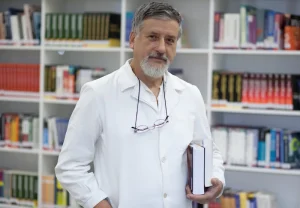
Factors such as employment status, compliance with house rules, and participation in treatment programs influence the length of stay, ensuring residents transition successfully to independent living. Employment helps individuals rebuild their lives by providing financial stability, responsibility, and a structured daily routine. Working also reinforces recovery by promoting self-sufficiency, reducing idle time, and fostering a sense of purpose.
- Services provided vary by location, but the primary goal of all halfway houses is to help residents adjust to a sober life and reintegrate into society.
- Understanding these differences can help you determine which option might be best suited to your needs or those of a loved one.
- Patrick is uniquely qualified to be helpful because of the specific combination of his academic background and his own experience in recovery.
- It offers a supportive and structured environment where residents can rebuild their lives, practice sober living, and prepare for independent living.
- Some facilities may offer limited assistance with basic necessities, but support varies by location.
- According to the National Institute on Drug Abuse (NIDA), individuals who engage in supportive, structured living environments are 50% more likely to stay sober for longer periods compared to those who do not.
That’s why our team works closely with every client to build a personalized aftercare plan that supports long-term wellness. Residents typically share bedrooms or living spaces, fostering a sense of community and peer support. Contact us today to schedule an initial assessment or to learn more about our services. Whether you are seeking intensive outpatient care or simply need guidance on your mental health journey, we are here to help. Jessica graduated from the University of South Florida (USF) with an English degree and combines her writing expertise and passion for helping others to deliver reliable information to those impacted by addiction.
15 Celebrities who don’t drink alcohol: From Blake Lively to Bradley Cooper, Daniel Radcliffe & MORE HELLO!
Posted on July 4th, 2023

He abused the pills, combining them with alcohol to kill his emotional and physical pains, and before T.I. He was caught with drugs by police and admitted his addiction problems in an interview with Vibe. Eminem helped him learn to accept his addiction, the first step to recovery. Rehabilitation programs provide structure, professional guidance, and a safe environment to address the physical, emotional, and psychological aspects of addiction. Learn about treatment options like inpatient and outpatient rehab by calling our admissions team at for free, confidential, 24/7 support. Tyler has been open about his struggles with addiction and his road to recovery.
celebrities who don’t drink alcohol
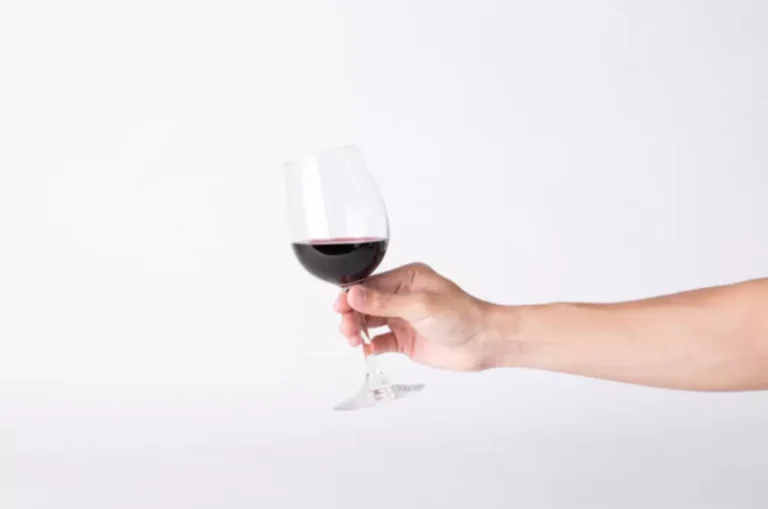
“I’m lucky to have found recovery through a 12 steps program almost 14 years ago and it’s something that I still do regularly to this day,” Peck told Page Six. “It gives me a lot of structure in my life. It’s really the bedrock of my life and from it, all these wonderful things have been built.” I just saw a clip from chan’s room on twt where he mentioned he didn’t drink alcohol (so his gin gift from ryan reynolds was still full lmao) and i found it quite interesting. I personally don’t drink either, and i almost feel validated(?) knowing there are others that don’t too.
Staying Sober: 16 Rappers Who Don’t Smoke
In 2011, 50 Cent admitted to Piers Morgan in an interview that although he sold drugs, he’s abstained from using them. “I’ve had an experience with alcohol that made me paranoid because of it and I stayed away from it following that,” 50 explained. It’s rappers who dont drink odd, because he’s often rapped about drug consumption, like on his Get Rich Or Die Tryin’ song “High All The Time”. When asked about the song’s authenticity, 50 replied, “I don’t drink and I don’t use drugs, and I didn’t back then, either. Whether they’re mentioned on the radio, seen in music videos, or smuggled into concerts, drugs are pretty much unavoidable in the genre. Weed, lean, pills, coke, booze, shrooms, you name it, dope’s not to hard to find.
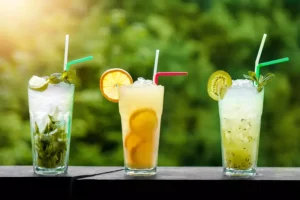
Celebrities Who Don’t Drink Alcohol
- This actress is best known for her roles on Pretty Little Liars, Scream 4, and Truth or Dare.
- Find out which rappers abstain from drug usage of any sort.
- “My decision to become sober wasn’t out of a need necessarily, it was more just that I did ‘sober January’ and I just decided to keep going,” she told People back in 2017.
- Harrington shared his struggles with alcohol and addiction in an interview with The Sunday Times saying ‘I went through some pretty horrible stuff,’.
With huge benefits such as improved mood, improved sleep, and just general feelings of better well-being, it is a huge consideration to begin being more responsible with your drinking. Today’s article will cover 15 celebrities who don’t drink, so you can get an idea of what it takes, why they don’t, and hopefully inspire you to go on this journey yourself. Yet another rapper who had a tragic accidental overdose is Steven “A$AP Yams” Rodriguez, the co-founder and visionary behind Harlem’s A$AP Mob collective. Another rapper who tragically fell victim to substance use is the Grammy-winning hip-hop rappers with drug addictions star Coolio. The “Gangsta’s Paradise” rapper, Artis Leon Ivey Jr., tragically passed away on September 28, 2022, at the age of 59. Although one of his popular songs is titled “Alcohol”, Paisley doesn’t drink alcohol of any kind.
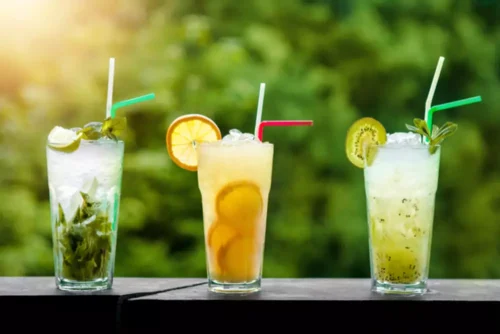
Biggie Small’s Killer Revealed, 26 Years Later
The results showed that substance use was referenced in 77 percent of rap songs, the highest percentage of drug mentions among all genres included in the study. This article will introduce you to some of our generation’s sober rappers. Call them straight edge, call them teetotal – these guys have discovered that alcohol and drugs don’t do them any good. It turns out that some of the most famous and successful rappers of all time don’t drink alcohol or take drugs. “Everybody else can do what they want, but that stuff isn’t for me. I’ve been drunk nine times in my life, and I ate some weed brownies once,” he told Paper Magazine.
Sober Celebrities Who Don’t Drink (Who Were Never Alcoholics)
The lead singer of The Killers is devout Mormon and openly sober. This country singer made the decision to be sober for his daughters. Lana was sent to boarding school at age 15 in order to get sober and has been sober ever since. From Blake Lively to Kendrick Lamar…these are the celebrities you won’t see with a drink in their hand. She is also the first female rapper with multiple #1 hits on the chart.
Sober Celebrities Who Don’t Drink Alcohol
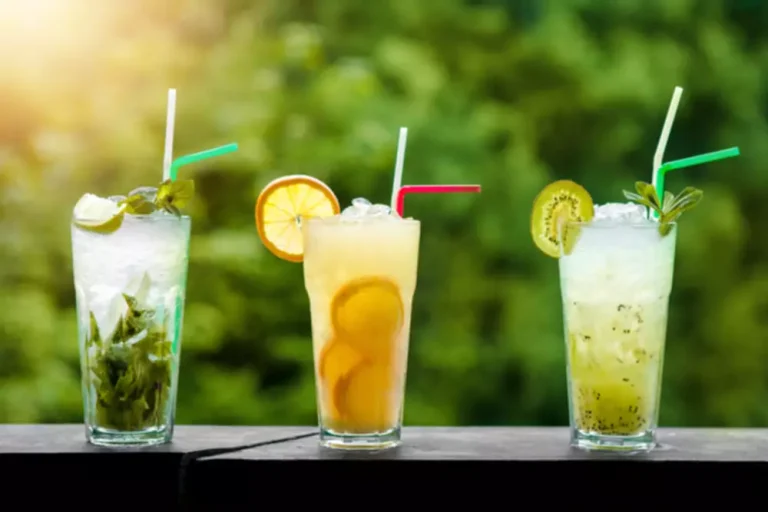
She experimented with alcohol in her college days, but has stood strong as a sober adult. “I didn’t really go to high school parties, and yeah, I didn’t touch pot till I was in my 20s… I didn’t get flat-out drunk until I went to college. But I think that’s a good thing in many ways,” she said. Most recently, Toosii went on Instagram to set the record straight about what he likes to do in his spare time.
- In recent years, more US hip-hop stars have begun rapping about prescription pills used to treat pain or anxiety.
- Although the star isn’t a complete teetotaler, she has attributed her success to drinking responsibly and steering clear of drugs.
- In an interview with Montreality, Hopsin explained why he doesn’t smoke weed.
Tom Hardy
Clapton has been sober for almost 30 years and wrote very frankly about his struggles with addiction in his memoir, Clapton. Young decided to become sober in 2011 because he wanted to be more alert and he was curious about what sobriety would feel like. Over 16 years ago, drug addiction Dax Shepard decided to turn his life around and got sober.
Drink, Drank, Drunk: 25 Hip Hop Drinking Songs for St Pa
Posted on July 5th, 2023
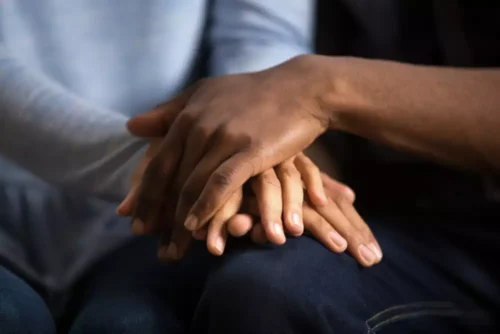
He later, while appearing onJay Shetty’s On Purpose podcast, revealed that the reason he decided to get sober rappers who dont drink was because he was “definitely addicted to alcohol.” The former Nickelodeon regular speaks openly about how he stopped drinking alcohol with the help of a 12-step programme. In a 2022 interview, he shared that sobriety that keeps him “anchored”.
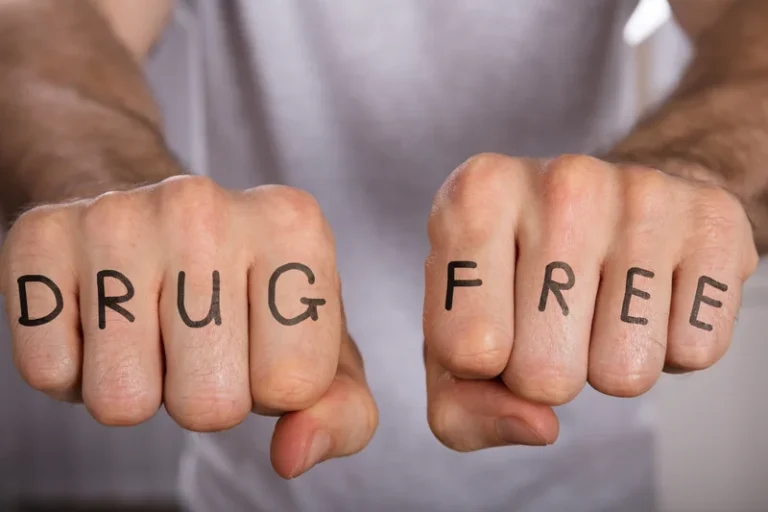
Drake’s Legal Team Issued UMG Lawsuit Statement Hours Before Kendrick Lamar’s Super…
Williams says of alcohol, “Everybody else can do what they want, but that stuff isn’t for me.” Hudson has said she’s never had much of an interest in alcohol. Since her big break as the seventh place on the third season of American Idol, she has earned an Oscar, 2 Grammys, and a Golden Globe.
See Rappers Who Are Proud to Be Sober
There have been many debates as to whether or not cannabis is addictive. Some say it’s not addictive whatsoever, and others say that it has a habitual addiction, but not as much of a chemical addiction as harder drugs. Cannabis has not had as much research done on it as it should, and we’re not here to answer whether or not it is addictive. Over the years, Eminem has battled, going back and forth from stoned to clean, even recording an album called Recovery, where he spilled his guts Alcohol Use Disorder out about his demons. But as he clarified in a one-on-one interview with Complex in 2013, he was able to make a song about smoking weed because he stepped away from it in 2011. He was tired of being the “Stoner MC” and once he shedded that persona, rapping about it became easier.
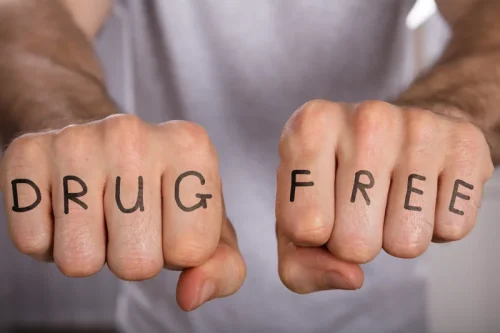
Tha Alkaholiks f/ ‘Ol Dirty Bastard “Hip-Hop Drunkies” (
- In 2024, the Florence + The Machine frontwoman revealed in a Spotify Original podcast, The Way We Are with Munroe Bergdorf, that she had been sober for eight years.
- “I’ve had an experience with alcohol that made me paranoid because of it and I stayed away from it following that,” 50 explained.
- On “Otherside,” Macklemore raps about Lil Wayne being a major influence of his personal codeine addiction.
- “I went through some pretty horrible stuff,” Kit explained, referencing his very intense periods of depression.
- Eminem, Slim Shady, Marshall Mathers, or whatever choose to call him, started off rapping about drugs, and the dark winding roads it can take you down, using harrowing lyrics that were both impressive, and disturbing.
- I’ve often questioned how representative this alleged lifestyle is of their reality, and how many of them actually do the drugs they claim to do in their songs.
- I had a platinum album out and I would do stuff like go to the projects to buy weed,” he said.
Pharrell once ate six weed brownies and passed out in a bathroom, as he recalled in a 2013 interview with Nardwuar. In an interview with EntertainmentWise.com, Iggy Azalea admitted that she doesn’t drink alcohol or do drugs. In the dynamic world of hip-hop, identifying the most famous rappers of 2023 is an exciting journey. This list isn’t just about who’s the best rapper in the world; it’s about recognizing those artists who have left an indelible mark in the rap scene. Fame in rap isn’t confined to chart-topping hits or massive fan followings alone; it encompasses media presence, influence, and the ability to resonate with audiences globally.

So with that in mind, here are 39 sober celebrities on why they live an alcohol-free life. Whether this is because someone you know is going sober for the month or someone you look up to doesn’t drink anymore, that little boost of motivation can spark a period of time where you don’t drink alcohol. Beeson says these artists may refer to substance use in their music because it once was their reality. They may not have participated in drug use or heavy drinking prior to experiencing fame, but they were surrounded by these behaviors growing up. Rappers often struggle with a variety of drugs, including opioids, Xanax, cocaine, and codeine.
- Going alcohol-free improved his relationships, career and energy levels, leading to him founding OYNB to provide a support network for others.
- Twain abstains from alcohol, drugs, and is also a vegetarian.
- It’s odd, because he’s often rapped about drug consumption, like on his Get Rich Or Die Tryin’ song “High All The Time”.
- Dro, weed, loud or whatever your region calls it, it was never taboo to me.
- During his Recovery album, he wrote about his struggle with staying sober.
A Closer Look at How Drug Overdoses Are Plaguing Hip-Hop
This Chicago born and raised rapper is one of the few artists that has not only represented the genre of hip-hop in a positive light, but has been a model of consistency in both his artform and personal life. It’s never been a time in recent memory where it hasn’t had a presence in my life. Unlike alcohol (which I didn’t learn to properly abuse until college), it was the one vice that I became familiar with personally, even before I indulged. In 2024, the Florence + The Machine frontwoman revealed in a Spotify Original podcast, The Way We Are with Munroe Bergdorf, that she had been sober for eight years. It comes as she recalled her early days with the band, when she realized that during their rise to fame, she had issues with alcohol. An entrepreneur and former senior oil broker, Ruari gave up drinking after excessive consumption almost cost him his marriage, and worse, his life.
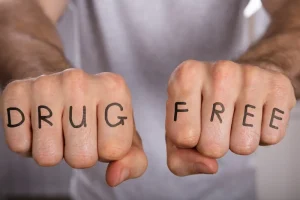
After almost dying from a drug overdose, the rapper decided to clean up his act. When you picture the lives of your favorite famous singers you might imagine them popping bottles of champagne after their sold out concerts or drinking Grey Goose at A-List parties. The Scottish DJ revealed in an interview with the BBC in 2009 that despite his career choice, he has forgone consuming alcohol for the better. Harris expressed, “I stopped drinking because it actually was making me ill. It was affecting my brain in the worst way.” The High School Musical heartthrob is sober after his alcohol and drug addiction resulted in rehab in 2013.
Celebrities Who Don’t Drink Alcohol
In other words, he still didn’t smoke, but because he rid himself of the smoker stereotype, he could rap about it more freely. “My personal experience with it is that everything is better. The thing that I have faith in is that everybody else is going to have one or two drinks, and by the time everybody gets to two drinks, you’ll feel like you’ve had two drinks—but without the hangover,” she added. But despite drug culture’s influence over music and trends, a number of the game’s favorite artists embrace sobriety. Since molly’s fading popularity and the increase in codeine mentions, other over-the-counter and prescription drugs have crept into hip-hop’s woozy landscape.

